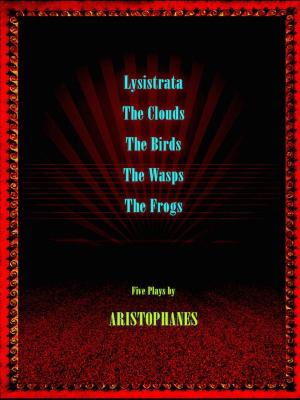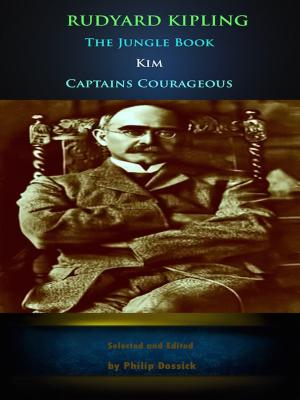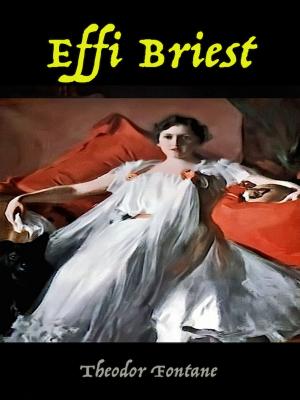| Author: | Anton Chekhov | ISBN: | 1230000297546 |
| Publisher: | Editions Artisan Devereaux LLC | Publication: | February 7, 2015 |
| Imprint: | Language: | English |
| Author: | Anton Chekhov |
| ISBN: | 1230000297546 |
| Publisher: | Editions Artisan Devereaux LLC |
| Publication: | February 7, 2015 |
| Imprint: | |
| Language: | English |
Mankind is looking for something, and will certainly find it.
Oh, if it only happened more quickly!
In another life, Anton Chekhov would have made a great psychiatrist. His observations of turn-of-the-century Russian society and the class rage boiling quietly under the surface feel spookily prophetic, considering his plays were written decades before the Bolshevik Revolution.
The Moscow-bred Three Sisters Olga, Masha and Irina Prosorov, are finding life dreary and increasingly hopeless a year after the death of their father, an army officer, in a small Russian provincial town. Only the proximity of a nearby artillery post and the company of its officers make their existence bearable.
The sense of an inescapable darkness waiting to consume all things bright and living is what makes Chekhov, above all modern playwrights, so vital. His sensibility and principal themes—people clinging to their illusions at any price; the missed connections and romantic opportunities; and the terror of mediocrity are all here.
ANTON CHEKHOV (1860–1904) was a Russian author and physician, considered to be among the greatest writers in history. His career produced numerous classics including The Cherry Orchard, The Seagull, Uncle Vanya, and Three Sisters. Along with Henrik Ibsen and August Strindberg, Chekhov is often referred to as one of the three seminal figures in the birth of early modernism in the theater. Always modest, Chekhov could hardly have imagined the extent of his posthumous reputation. Ovations for The Cherry Orchard in the year of his death showed him how high he had risen in the affection of the Russian public—by then he was second in literary celebrity only to Tolstoy. After his death, Chekhov's fame spread further. Constance Garnett's translations won him an international readership and the admiration of writers such as James Joyce, Virginia Woolf, and Katherine Mansfield.
Mankind is looking for something, and will certainly find it.
Oh, if it only happened more quickly!
In another life, Anton Chekhov would have made a great psychiatrist. His observations of turn-of-the-century Russian society and the class rage boiling quietly under the surface feel spookily prophetic, considering his plays were written decades before the Bolshevik Revolution.
The Moscow-bred Three Sisters Olga, Masha and Irina Prosorov, are finding life dreary and increasingly hopeless a year after the death of their father, an army officer, in a small Russian provincial town. Only the proximity of a nearby artillery post and the company of its officers make their existence bearable.
The sense of an inescapable darkness waiting to consume all things bright and living is what makes Chekhov, above all modern playwrights, so vital. His sensibility and principal themes—people clinging to their illusions at any price; the missed connections and romantic opportunities; and the terror of mediocrity are all here.
ANTON CHEKHOV (1860–1904) was a Russian author and physician, considered to be among the greatest writers in history. His career produced numerous classics including The Cherry Orchard, The Seagull, Uncle Vanya, and Three Sisters. Along with Henrik Ibsen and August Strindberg, Chekhov is often referred to as one of the three seminal figures in the birth of early modernism in the theater. Always modest, Chekhov could hardly have imagined the extent of his posthumous reputation. Ovations for The Cherry Orchard in the year of his death showed him how high he had risen in the affection of the Russian public—by then he was second in literary celebrity only to Tolstoy. After his death, Chekhov's fame spread further. Constance Garnett's translations won him an international readership and the admiration of writers such as James Joyce, Virginia Woolf, and Katherine Mansfield.
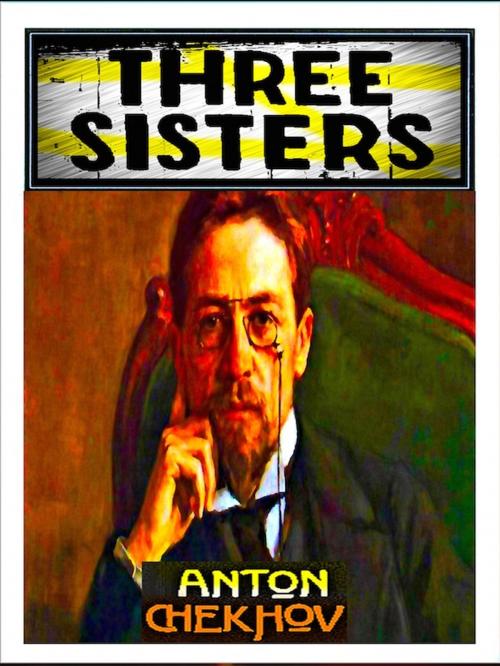

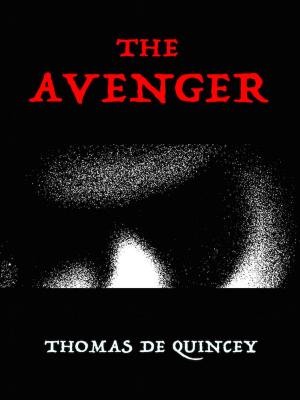
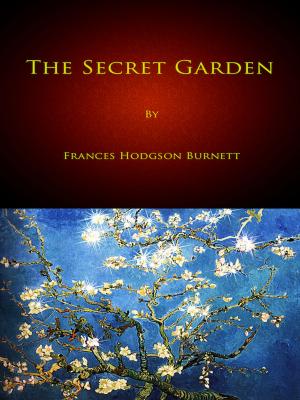

![Cover of the book The Forsyte Saga [Complete Series] by Anton Chekhov](https://www.kuoky.com/images/2018/may/300x300/1230002309828-vJ4h_300x.jpg)

